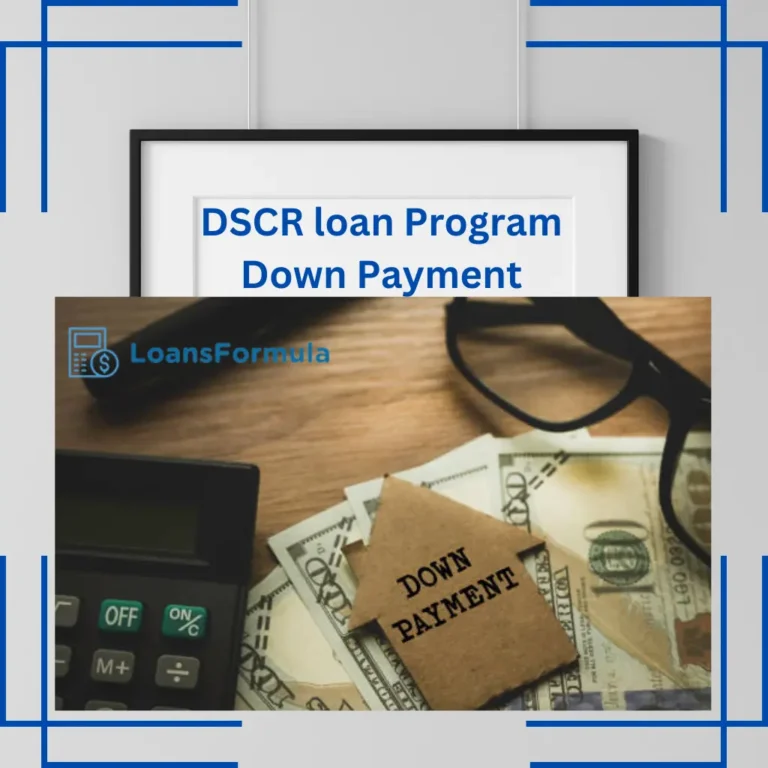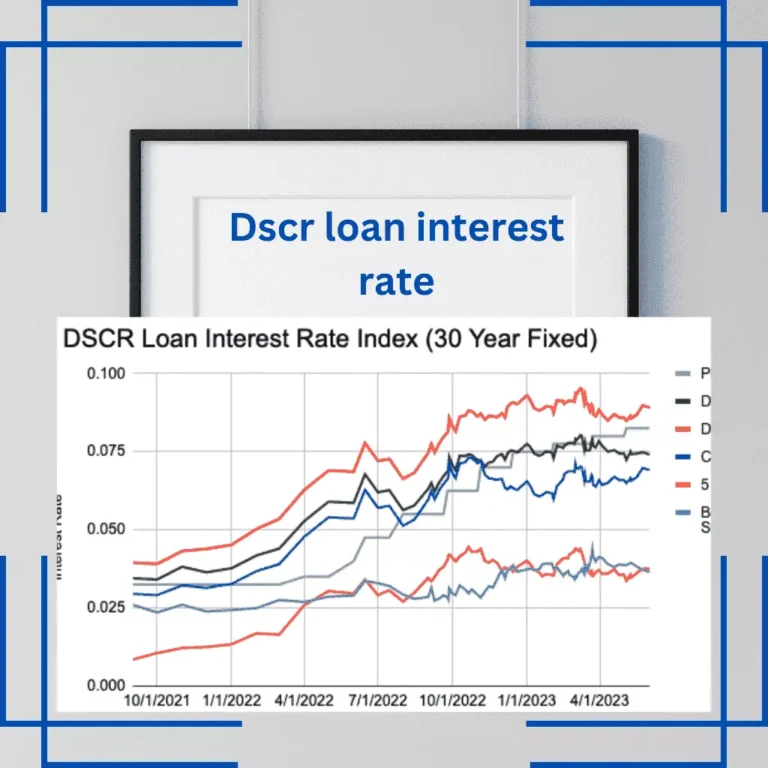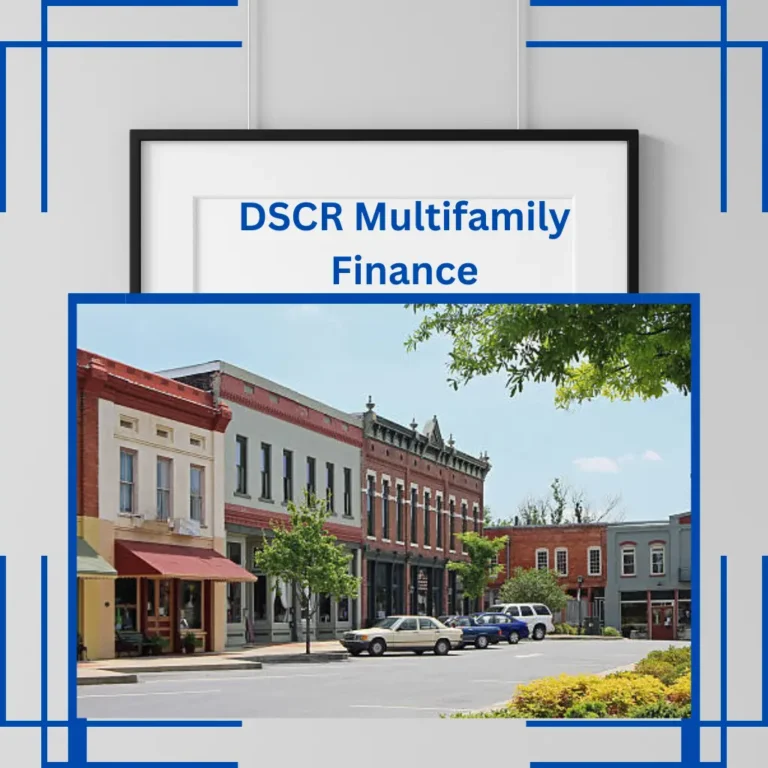How Exactly DSCR Loans Work?
Investing in real estate can be a great way to build wealth and secure your financial future. However, getting financing for your investment property can be challenging, particularly if you’re self-employed or don’t have extensive documentation of your income.
This is where the debt service coverage ratio (DSCR) loan program can help. DSCR loans are mortgages that are based on the cash flow generated by your investment property. As a result, real estate investors can qualify for a loan without having to provide proof of income in the form of tax returns, pay stubs, or employment information. So, if you’re a real estate investor, you may have heard of the DSCR loan program, but how exactly DSCR loans work?
Understanding Debt Service Coverage Ratio (DSCR) and Its Importance in Real Estate Investment Loans
DSCR loans are usually used for investment properties, such as rental homes, apartments, or commercial real estate. The loan can be used for a variety of purposes, including refinancing an existing mortgage, purchasing a new investment property, or renovating an existing property.
DSCR stands for debt service coverage ratio, which is a financial ratio used by lenders to determine a borrower’s ability to repay a loan. The ratio compares the property’s net operating income (NOI) to the mortgage payment. The higher the ratio, the better the chances of loan approval. Typically, lenders prefer a DSCR of at least 1.2, which means that the property’s NOI is 20% higher than the mortgage payment.
How DSCR Loans Work for Real Estate Investors
If you meet the lender’s DSCR requirements, you can qualify for a loan based on your investment property’s cash flow, rather than your personal income. Unlike traditional loans, where lenders look at the borrower’s credit score, employment status, and personal income, the DSCR loan program relies solely on the cash flow generated by the investment property. This can be especially beneficial for real estate investors who have multiple properties, business expenses, or write-offs that may not accurately reflect their actual income.
Property Cash Flow Requirements for DSCR Loans
To qualify for a DSCR loan, the property’s cash flow must be sufficient to cover the monthly mortgage payment and other expenses, as well as provide a cushion for unexpected expenses. Lenders may require a reserve fund of up to six months’ worth of mortgage payments to ensure that the property can continue generating cash flow even in the event of a vacancy or unexpected repair costs. The loan terms, such as the interest rate and repayment period, will vary depending on the lender and the property’s cash flow. It is important to shop around and compare different lenders to find the best DSCR investor loan program that meets your investment goals and financial needs.
Calculating Your Debt Service Coverage Ratio (DSCR) for Loan Approval
When applying for a DSCR investor loan, the lender will first calculate your debt service coverage ratio (DSCR). This ratio is calculated by dividing your property’s net operating income (NOI) by your total debt service. In essence, it measures how much cash flow your property generates compared to how much debt you have to pay each month. A minimum DSCR of 1.25 is generally required by lenders to qualify for a loan, which means that your property’s NOI should be at least 125% of your monthly mortgage payment and other expenses.
What are the benefits of a DSCR loan program?
There are several benefits to using a DSCR loan program to finance your investment property:
No income verification:
With a DSCR loan, you don’t need to provide traditional income verification documents, which can be a significant hurdle for self-employed investors or those with limited documentation of their income.
Increased borrowing power:
Because DSCR loans are based on the cash flow of your investment property, you may be able to qualify for a larger loan than you would with a traditional mortgage that relies on your personal income.
Flexibility:
DSCR loans are designed to be flexible and cater to the unique needs of real estate investors. For example, some lenders may allow you to include projected rental income in your cash flow calculations, which can be helpful if you’re purchasing a property that isn’t yet fully leased.
Read : How to Get Approved For a DSCR Loan? 7 Essential Tips
Fast approval:
Because DSCR loans don’t require as much documentation as traditional mortgages, the approval process can be much faster, allowing you to close on your investment property quickly.
Conclusion
In conclusion, the DSCR loan program is a type of mortgage designed for real estate investors who want to qualify for a loan based on the cash flow generated by their investment property. It is a useful alternative for investors who have deductions and write-offs on their properties, which can lower their taxable income. By using the DSCR ratio, lenders can determine a borrower’s ability to repay a loan without requiring proof of income.






